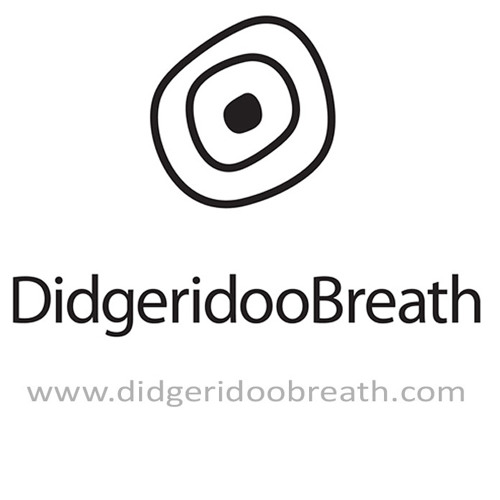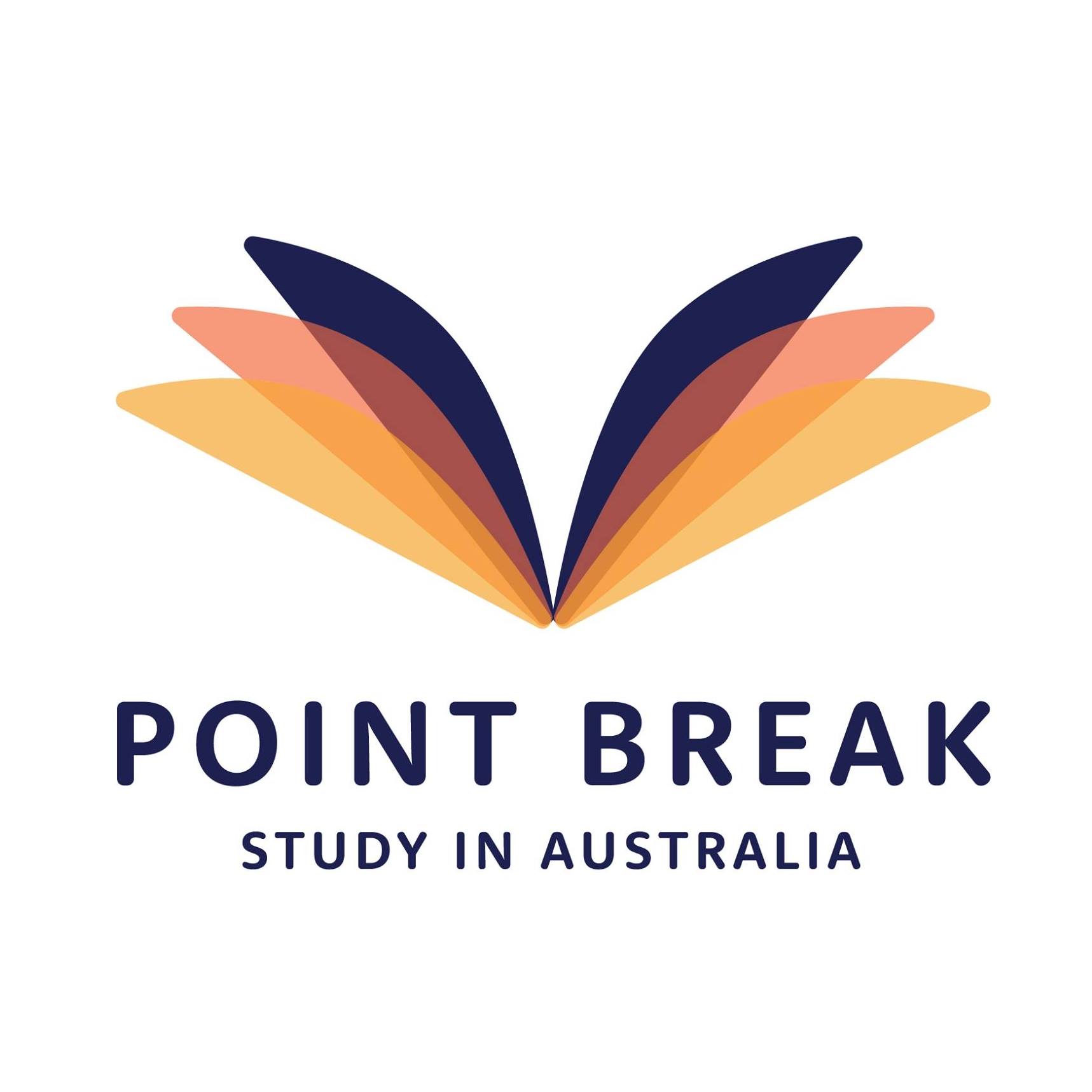Workshops 2017
Workshops
Di seguito trovate l’elenco dei Workshop che gli artisti terranno durante le giornate del Festival. La pagina è ancora in allestimento quindi ci saranno modifiche nei prossi giorni.
Tutti i Workshop saranno tenuti in Lingua Inglese.
Ondrey Smeykal - Didgeridoo
Ondrej Smeykal is probably known for his constant innovative aproach to
contemporary didgeridoo playing. In this direction he is ofering two
workshops, to share his almost three decades of his personal didgeridoo
experience..
1.Intermediate players:
QUANDO: Sabato 15 Luglio dalle 11 alle 13
Durata: 2h; Numero Min partecipanti: 3; Numero Max partecipanti: 15; Costo: 50 euro each
Rhythm tools, vocal techniques, basic map for composing, practising “frame”
to get better performer.
2.Total beginners:
QUANDO: Sabato 15 Luglio dalle 16 alle 18
Durata: 2h; Numero Min partecipanti: 3; Numero Max partecipanti: 15; Costo: 50 euro each
Circular breathing, basic orientation in creative sound sculpting,
choosing right instrument…
Yannick - Djembè
QUANDO: Domenica 16 Luglio dalle 9 alle 11
Durata: 2h; Numero Min partecipanti: 3; Numero Max partecipanti: 15; Costo: 50 euro each
I picked up my first djembe when I was just 8 years old and never let go of him since. My first teacher was Jelle de Kroon and he immediately took me under his wings laying the basis of my style of playing. Under Jelle’s amazing tutelage I had the opportunity to play with some great masters of African percussion, like Ibro and Fodé Konate, Baba Toure and Harouna Dembele who he hosted as part of his Mi Dushi Summercourses. At the age of 16 I started to develop an interest in Afro-Cuban music and started playing conga’s with the great percussionist Martin Gort. It was also at this time that I parted ways with Jelle to be able to go to Amsterdam and learn from Ponda O’Bryan and his youth ensemble the Wulabakan Juniors. With them I recorded two cds. One in collaboration with the old Guinean master Mansa Camio. Together with the Wulabakan Juniors I travelled to Africa to study the djembe traditions of Guinea and Mali which further cemented my love for percussion and its culture. When I was 19 I got accepted for the Rotterdam Codarts Conservatory where I studied under great teachers like Martin Verdonk, Nils Fischer, Lucas Merwijck Maxim Zettel and Bart Fermie. They helped me further shape my style of playing and in 2014 I graduated and was awarded a bachelors degree in Latin Percussion. From that moment on I’ve been playing with different bands and in different styles.
Lies Beijerinck - Didgeridoo
1.Advanced:
QUANDO: Sabato 15 Luglio dalle 9 alle 11
Durata: 2h; Numero Min partecipanti: 3; Numero Max partecipanti: 15; Costo: 50 euro each
The main focus of the advanced workshop is making the breathing-in as total relaxation, and the endless possibilities of this. So playing Didgeridoo will leave you with more energy for things that do take more energy (like trumpets and voice for instance). This will allow you to play faster; also it helps to not make break your rhythms for the breathing-in. The second part of the workshop we will focus on using of the voice, connecting with the high voice and projecting it out of the Didgeridoo. We will also look at three different ways of playing the Trumpet-sounds, putting voice on the trumpet-sound and making circular breathing on the Trumpet-sound.
2.Extra Advanced
QUANDO: Sabato 15 Luglio dalle 146alle 18
Durata: 2h; Numero Min partecipanti: 3; Numero Max partecipanti: 15; Costo: 50 euro each
This extra advanced workshop will be about isolations. Isolating the jaw-muscle, the cheek-muscles (and the two cheeks separately), tongue, lips and diaphragm.And we will look at why this is important in your playing, what are the possibilities of being able to isolate muscles to make your playing richer and more interesting. The last part of this workshop is how to combine these different muscles (like making one breath sound into one count, two, three or even four counts (wobbling)).
MT-Yidaki - Traditional Yolngu style
QUANDO: Domenica 16 Luglio dalle 9 alle 11
Durata: 2h; Numero Min partecipanti: 3; Numero Max partecipanti: 15; Costo: 50 euro each
In this, 2,5 hour, workshop we will learn the many individual sounds which you can combine into your own version of Yolŋu style of playing. During the last part of the workshop we will learn some basic practice phrases so you can get an idea on how complex your music can get if you learn and practice the individual sounds.
Note: Michiel will not teach traditional songs from North East Arnhemland.
Part of the profits from this workshop will be used to support Yolŋu yidaki crafters and their work.
Michiel can offer this workshop with full support from Jeremy Cloake, yidaki coordinator for the Buku-Larrŋgay Mulka art centre in Yirrkala, Australia.
Senior Markusen - Using tradition. From traditional didjeridu to Señor Marküsen
QUANDO: Sabato 15 Luglio dalle 13 alle 16
Durata: 3h; Numero Min partecipanti: 3; Numero Max partecipanti: 12; Costo: 60 euro each
Using tradition.
From traditional didjeridu to Señor Marküsen
This workshop proposes a very dynamic way to approach traditional didjeridu techniques and their use
in a contemporary context, introducing the combination of rythmic patterns and the simultaneous use of
mouth, arms and legs to challenge our coordination.
Starting from Marcos’ personal interpretation of the traditional aboriginal way of learning and with the
prevailing goal of offering tools for music making, the workshop develops exercises that practice listening,
understanding, breathing or counting in a group ensemble context, to follow on with the use of our whole
body to generate new and simultaneous sounds that approach us to the concept of a one-man-orchestra
and contribute to develop body coordination and mental flexibility.
In this fun and totally practical session, the main contents to deal will be:
- Profiting the gaps: diaphragmatic circular breathing and variations.
- Working out the hammer: an introduction to the use of hard tongue playing.
- Mastering transitions: from the drone to that hard-but-soft toot, to the drone, to that…etc.
- Left hemisphere-right hemisphere: coordinating mouth and body, the use of clapsticks, shaker, kick.
- How difficult do you want it?: simultaneous combinations of even and odd playing patterns.
The workshop is addressed to all levels, from beginners to advanced.
Duration of the session is 3 hours.
1- Please bring your didjeridu or a PVC pipe (30mm inner diameter, 100 cm long) to blow.
2- Please bring clapscticks, or a stone, or a cellphone: whatever you find. To beat.
3- Please bring a shaker or an empty can with rice inside, closed with tape. To shake
4- Please bring your feet. To stomp.
5- Please bring yourself. To enjoy.
Let us know if you don’t have any of 1-4. In the last case (5), please refer to Mr. Sigmund Freud.
NOTE: If you participated at the workshops that Marcos gave at Andrea Ferroni’s in the past years, let us
know and contents will be adjusted for you! There’s a lot to continue…
I knew about didjeridu as a true musical instrument because of a band called Jamiroquai. I loved them
and I loved the sound of Wallis Buchanan’s didjeridu. Short after, in 1997, while spending a year in Australia,
a cassette of Yothu Yindi, a band composed by members of two aboriginal familes from Northeast
Arnhem Land, was given to me. I still didn’t play didjeridu at that time, in fact I never thought I would, but I
deeply understood that sound was the source, the origin. And I understood that however being different in
style, Jamiroquai’s use of didjeridu didn’t differ much from that original concept: it was one more element
of an ensemble that played music for dancing, in which the rythmic speech of the didjeridu seemed to come
from the center of the earth, flowing solidly, just like lava. Very short after, somebody in a Sydney backyard
put a didjeridu in my hands…
Since then, I have used didjeridu as a favorite tool to express myself through music, never forgetting that
it is just one more element in the musical ensemble and usually not the most important. I traveled many
times to Arnhem Land to learn and work with indigenous people from different regions, social hierarchy
and ages, from children to respected elders, to know more about their culture and to understand the role
of the instrument in the original context. And at the same time I have always kept my feet on one same
track: the track to make my own music, being inspired not only by the traditional origin of the instrument,
but as well by all the other music I would listen to, mostly original to my context. I have indeed observed
coincidences.
Experience through my own learning has shown me that, from a musical point of view, there are many
useful concepts in the original approach to didjeridu that can be applied in our context, the context of
contemporary music-making. Starting from a basic synthesis of that concept, I would like to share some
of the processes of interpretation that I have gone through, to learn myself, to teach others and to finally
express through musical language. In this processes, other instruments as well as other parts of my body
have interacted, changing roles and challenging body and mind to coordinate and cooperate to reach a
common goal: a song. Through effort, it has been necessary to dettach from ego-driven impulses to exhibit
virtuosism on one single element, in my case didjeridu, in order to make the interaction between each different
element possible. The constant transfer from the work on a single element to its fitting in the whole
has offered me a perspective that I find very useful, if not necessary.
Marcos Andreu-Gasol





